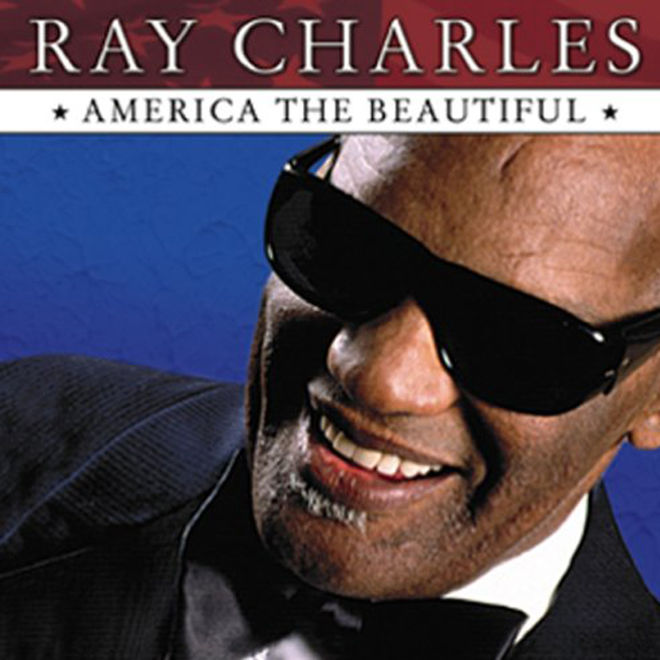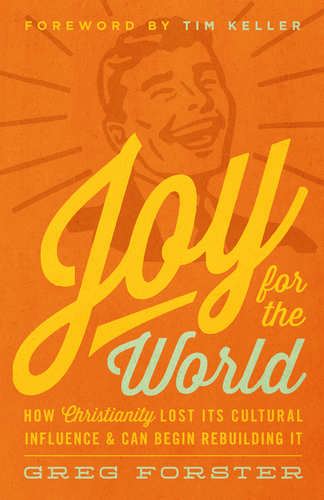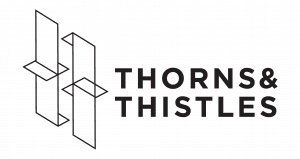
I’ve written a lot, in my annual Independence Day reflections over the years I’ve written on hopeful realism at Hang Together, about the prospects for death and life in American culture. In a down year I’ve written in grief about “the twilight’s last gleaming.” In an up year I’ve asked whether there might not be a new light dawning that we aren’t yet able to allow ourselves to see.
What I haven’t written about in these Independence Day reflections is the long and painful trek through the desert that awaits us even if there is new life to be had. I’ve written about that elsewhere, but not here. Gathering my reflections, in the twilight of another year of searching for the first streaks of the dawn, I realize how cheap and easy has been my talk about persevering through the long, hard slog of the coming generation. It’s one thing to say it, another to realize in experience just how hard the road will be, and how long we will have to walk before we see the dawn.
Last year I marched in my first July 4 parade and wrote on what I saw there. This year I marched again, and had a similar experience – until the parade was rained out.
This past fall, in a labor of love, I wrote four articles on Whittaker Chambers for Law & Liberty – one on how Chambers helps us see what was good in fusionism and why it had to die, and a series of three on how Chambers can help us see through the temptations on the Right toward irresponsible forms of nationalism, libertarianism and nostalgia. In addition to my desire to help more people encounter this great man, and to help the Right find a better way forward, it was also my way of getting out of my system the impulse to write for conservative fusionism the eulogy it deserves. Looking back, I think these articles are not quite the eulogy conservative fusionism deserves, but I think they are as much as I can contribute to its memory. Let the dead bury their dead. We, the living, have a path to walk.
I think part of what I really wanted to do – and this is something I still want to work on doing – is draw attention to how comprehensively we have failed to reckon with the totalitarian mass murders of communism. For years I’ve been trying to remember where I saw a talk on how we have suffered because we failed to have an accounting after communism the way we had an accounting after fascism. A few weeks ago someone pointed me to the talk. It was great to rediscover it, but sobering to listen through it again and be confronted (in spite of the speaker’s occasional indulgence in cheap free-market ideological claptrap) with the vast scale of the West’s moral failure in the face of communism. We live our lives, as the speaker reminds us, surrounded by millions of unburied bodies. They remain unburied because we continue to turn away from the task of giving them justice.
We must gird ourselves for the long march through the wilderness.
Last year I observed that the New Disney seemed ready to carry on bringing new life to American culture in spite of its founder’s fall from grace. What did Pixar and Walt Disney Animation Studios produce in the 12 months since then? Toy Story 4 and Ralph Breaks the Internet.
But this week I saw two movies that gave me unlikely hope – not hope for the short or even medium term, but hope for the long march.
My daughter and I are huge fans of Studio Ghibli. (If you don’t know what that is, educate yourself. Here are a few of my reviews of his movies. Then check out Ghibli Fest and get cultured!) One Ghibli movie we’ve seen in The Cat Returns, and it’s full of “follow your heart” nonsense. I’ve worked hard to counter-educate my daughter against that stuff (with some success, he bragged). As it turns out, The Cat Returns is a spinoff from an earlier Ghibli movie, Whisper of the Heart. Given the title of Whisper of the Heart and the content of its sequel, I made double sure to lecture my daughter about the evils of “follow your heart” as we went in.
I am shocked and humiliated to report that Whisper of the Heart is Actually Quite Good ™ and You Should See It ™.
Let that be a reminder to me of how easy it is to blind ourselves to the light we don’t want to see. I ate a good helping of crow on the ride home with my daughter.
But my real surprise was, I hesitate to say, The Secret Life of Pets 2. I don’t recommend seeing it, unless you, like me, have a daughter who very much wants to go. It’s not so much dumb as it is lazy. If you’re going to spend this much money on a movie – Harrison Ford! – why not spend a few bucks on storytelling and script? But they’re totally phoned in. And speaking of phoned in, you will never – I mean never – hear a more phoned-in performance than Harrison Ford’s in this movie. His voice-over is so phoned in, it was like I could hear the static on the line. (Reminds me of what I said about his role in The Force Awakens: they cast Harrison Ford as a cynical old man who doesn’t give a damn about anything but cashing a paycheck, and somehow his embodiment of that role was deeply convincing!)
The surprise? The content of The Secret Life of Pets 2 is just a straight redo of Finding Nemo. Vastly inferior, of course. But that’s the point. When Pixar did Finding Nemo it was revolutionary. It was a radical challenge to the cultural status quo – swimming dramatically upstream against the current. But Illumination Entertainment never swims against the current. It always goes with the flow.
Which confirms that the confrontation with moral reality catalyzed by the New Disney has become “the flow” with which the lazy shlockmeisters at Illumination now go.
It will be a long walk through the desert – especially if we have to watch The Secret Life of Pets 2 on the way – but there is good hope that there is a Promised Land on the other side.
Huge crowds are marching for freedom in Sudan. Two million – two million – in Hong Kong! We know these things don’t always work out. On a past July 4 I welcomed protests against unjust rule in the Arab Spring; while the right words were spoken by some of the protesters, the course of events didn’t bring the right deeds to pass. The road to freedom is long.
Gird up and spare your water bottles, soldiers. It’s a long march ahead.



